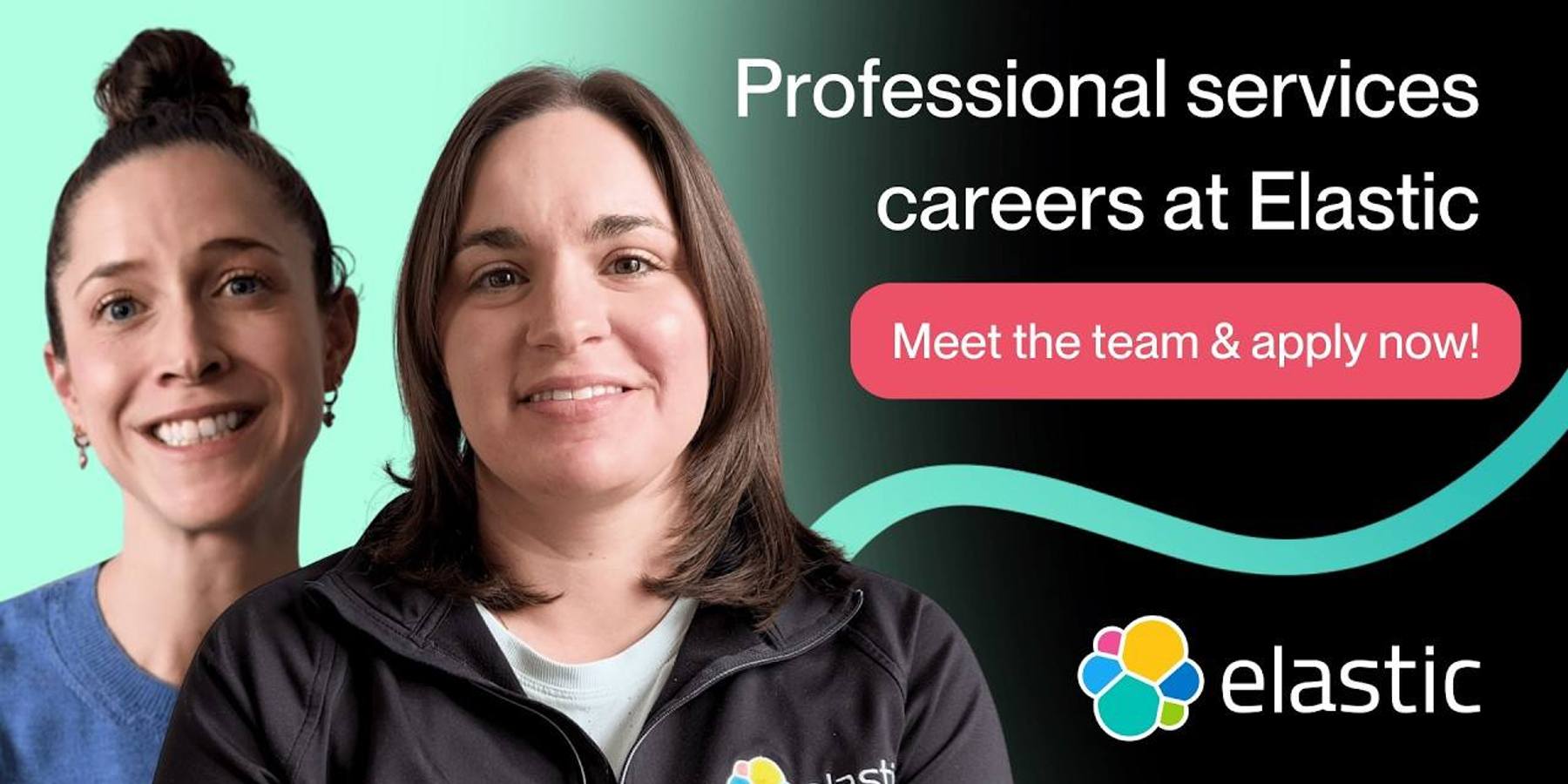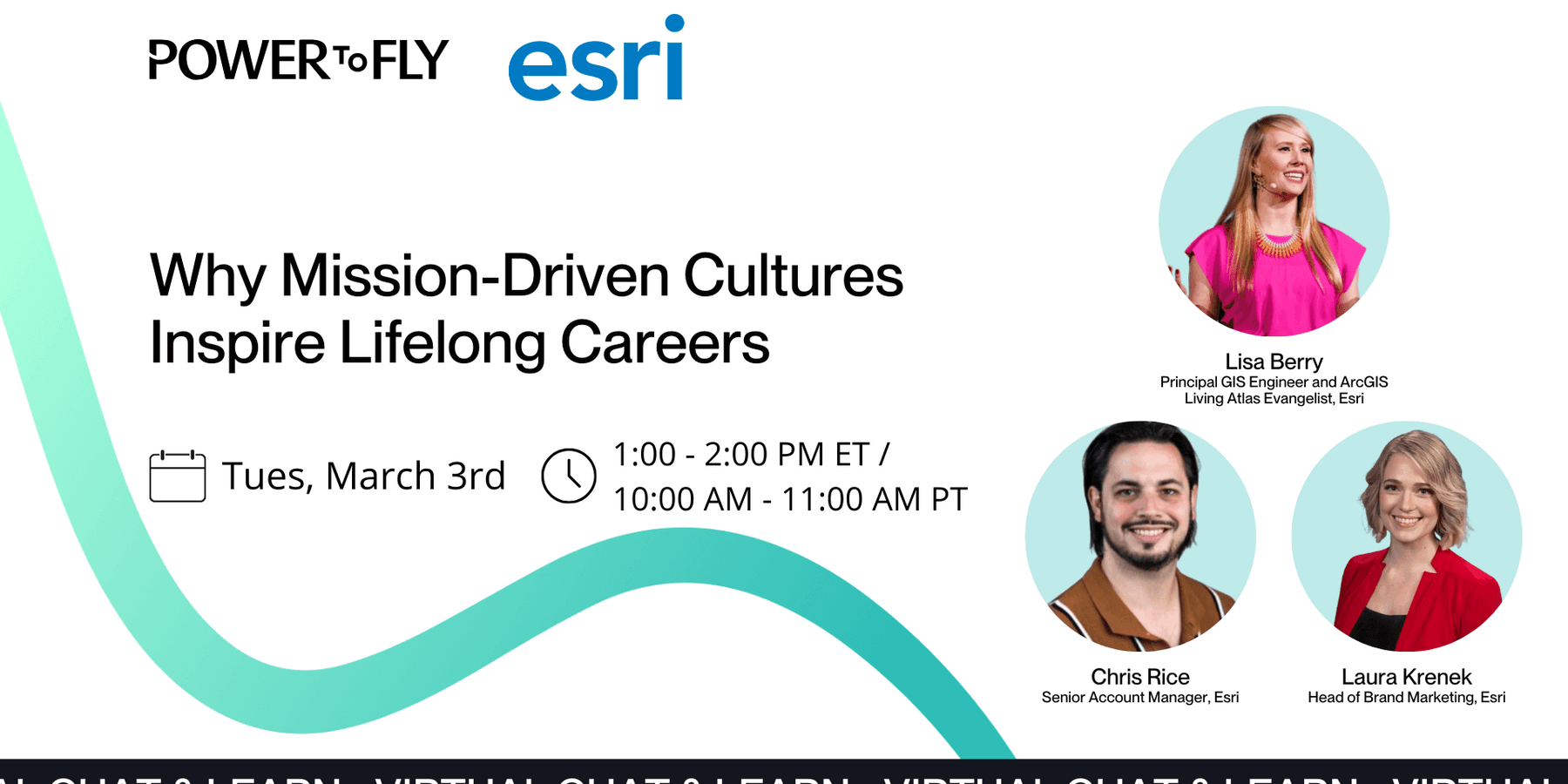Lisa Herzing loves going on long hikes with her dog — a pastime she’s able to enjoy thanks to Autodesk’s focus on employee wellness.
“About three years ago, Autodesk implemented a wellness reimbursement program which can be used toward anything that helps you find a healthy work-life balance,” Lisa told us at our recent Virtual Job Fair, Beyond Boundaries: DEIB, Hiring, and Professional Development in the UK & Europe.
Sounds amazing? We thought so, too.
During the job fair, we got the chance to ask Lisa a few of our pressing talent acquisition questions to understand just what makes Autodesk a great place to work — and help you decide if it’s the right fit for you.
Tell us about Autodesk. What should we know about the company?
“Basically, what we do is create 3D software for different industries,” Lisa explained. “We are a market leader in the architecture and engineering space, but we also have software for the manufacturing and entertainment industries. This means we touch a lot of different industries and a lot of different people.”
Thanks to its broad reach, Autodesk’s design impact can be seen around the world. The most cutting-edge robots, cleanest cars, and smartest factories are all designed using Autodesk’s groundbreaking technology, and the company is driving us toward a more sustainable future.
“Our customers can make everything from buildings to streets to water modeling to special effects. Everything can be done with our software. It's super exciting.”
What makes Autodesk’s employee benefits so great?
Autodesk’s team bridges 47 countries with 12,600-plus team members, so your specific benefits will depend on where you’re based.
“But, our culture is something that spans across all these countries,” Lisa said. “And something that's very important for us at Autodesk is that we’re a hybrid-first and flexible-first company. This means we have flexible work hours for all of our employees. As long as you get the work done, we don't care when you work.”
Lisa shared how parents with young children will often take a break in the workday for school pick-up or drop-off. “We’ve implemented a lot of parenting support as well as support for our neurodivergent colleagues,” she continued. This includes Autodesk’s RethinkCare program, which offers complimentary access to a platform and mobile app for managing your family’s well-being and supporting neurodiversity in your home, parenting expert consultations, and workplace neurodiversity expert consultations. All Autodesk employees are welcome to join the program to find holistic support at home and at work.
“Another big thing that shapes our culture is our Employee Resource Groups. I'm part of the Women Network, but there's a lot more here, such as networks for the Asian, Black, Latinx, Pride, Veterans, Neurodivergent and Disability, Indigenous, and young professional communities.” These Employee Resource Groups host events both internally and company-wide to raise awareness around relevant issues and bolster employee camaraderie.
How do you empower team members to grow in their careers?
“Something we're also very proud of at Autodesk is how we mentor our employees and help them with their professional development.”
Lisa explained how Autodesk offers a mentorship program that connects junior team members with senior leaders in the company to offer pointers and guidance for career growth. New senior team members can also connect with a mentor to help settle into their roles and hit the ground running.
“We also have professional coaching here at Autodesk, which is from a third party,” added Lisa. “It really helps you to grow your career. For example, I've been in the coaching program for over a year now. I just got promoted thanks to the work I did with my coach.”
Why does diversity matter to Autodesk, and how do you create an inclusive workplace for all?
Diversity isn’t a buzzword at Autodesk; it’s a superpower. It fuels creativity, innovation, and growth, helping Autodesk to develop and distribute groundbreaking technology around the world.
And with a distributed team, Autodesk is no stranger to diverse voices.
“First of all, the UK and Europe is a big region with a lot of different countries, cultures, and languages. Something that might be completely fine for me as someone with a German background might not be okay for somebody with a different background. Also, in our Barcelona hub, we have about 600 people with almost 100 nationalities.”
To best capture these varying viewpoints and integrate all dimensions of diversity across the company, Autodesk implemented a Culture Committee.
“They do an amazing job of representing different countries, identities, and groups to make sure we learn from each other,” Lisa said. “Diversity is also one of the biggest goals for all managers. They have regular training on different diversity topics. And we have a big focus on diversity in recruitment and hiring new employees. We have what we call the Hiring Manager Bootcamp, which teaches managers how to minimize unconscious bias in the hiring process.”
Is there anything else we should know about joining Autodesk?
“Not all our roles need you to be very technical. We also have a space for people like me who had no idea what Autodesk was before I joined three years ago,” Lisa laughed. “So, in case you’re not from the industry, no worries.”
Last, but certainly not least, Lisa left us with one key tip for the recruitment process.
“We have our culture code. And it's not just a PDF that we put somewhere and then pretend it matters. It's something that we live day by day,” she said. “What we’re looking for is a culture add, not a culture fit.”
In short, Autodesk wants you to bring your authentic self to the workplace.
Are you interested in joining Autodesk, a global leader in design and make technology that understands the power of workplace inclusion? Check out the career opportunities here.



